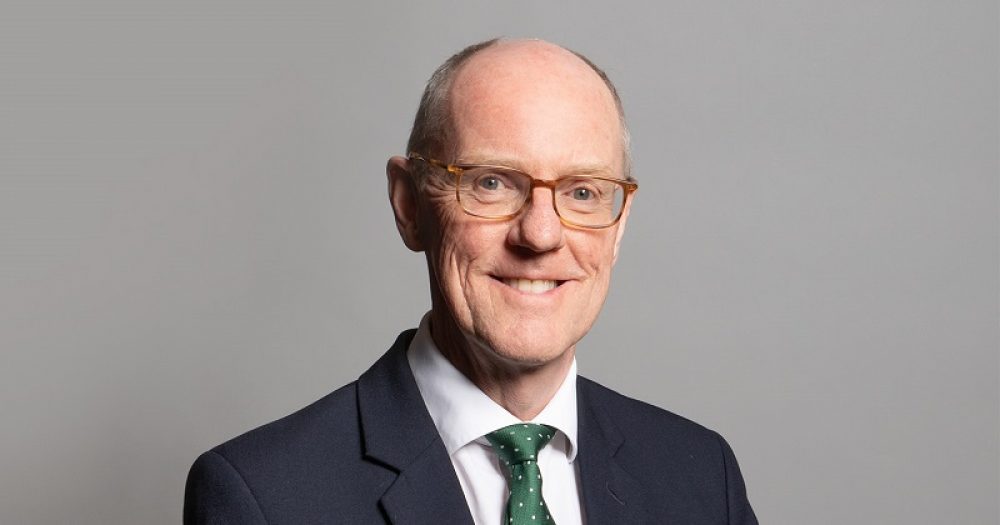The government is exploring options for a strategy to “create a more resilient education system” based on “firm digital and technological foundations”, the schools minister has said.
Nick Gibb told the BettFest education technology event today he wanted a system that uses technology to improve outcomes “for all children and adults in education”.
His comments represent a massive about-turn for a politician who has always been skeptical about the role of technology in education. Gibb is known for his ultra-traditionalist approach to schooling, and has previously resisted attempts to bring more tech into the classroom.
He is a proponent of smartphone bans in schools, and has called for a move back to paper textbooks in classrooms.
But even Gibb appears to have converted during these unprecedented times, telling delegates earlier today that he hoped lessons learned from the pandemic “will open the door to new opportunities for children to leave school shaped by a truly excellent education”.
“We need to make sure schools and colleges have the digital infrastructure in place to make the best use of technology, but it’s not about using technology for the sake of it. It’s about delivering a consistently high quality education and looking at where technology can support and enhance that.
“For this reason, we are exploring options for a strategy to create a more resilient education system, built on firm digital and technological foundations, which improves outcomes for all children and adults in education.”
Teachers have developed ‘skills and confidence’ to use technology
However, Gibb said the government “can’t do this alone”, and that it wanted to “continue collaborating” with education technologists as it develops its strategy,
“I am hopeful that when schools and colleges open again, and when the effects of the pandemic are eventually a distant memory, the lessons that we have learnt will open the door to new opportunities for children to leave school shaped by a truly excellent education. I want to thank teachers and heads and principals for embracing these changes and opportunities.
“While I know that we are all still navigating the almost totally virtual world we find ourselves in, I am confident that this period of time will support teachers to permanently adopt the relevant skills and confidence to use technology in a way that continues to enhance their practice.”
His comments follow criticism of the government’s efforts to address the digital divide. The Department for Education said it had sent out more than 800,000 laptops and tablets to councils, academy trusts, schools and colleges as of January 17. Of those, almost 240,000 have been delivered this term.
But Geoff Barton, the general secretary of the ASCL school leaders’ union, said that while he was “very pleased” with the progress being made, “the frustration is that we are nearly a year into the crisis, and deep into a second period of restricted school opening, and it has still not been fully resolved”.
“Even now, we are not convinced that the government fully understands the need that exists both in terms of devices and connectivity. It did not get to grips with this issue early enough, and it has been playing catch-up ever since.”







Through gritted teeth he spoke of “Remote Education,Remote teaching,Remote Instruction” He failed to mention the key words Learners or Learning. After ten years of techno-scepticism his words ring hollow
He spoke of “Remote Education,teaching,instruction” through gritted teeth with little conviction or any mention of learning or learners….easy rhetoric which is in contrast to his ten years of techn-scepticism and damage to our teachers and most importantly our learners ability to realise the full potential of technology to extend and enhance teaching, learning and assessment. I will monitor his actions not his words
An about turn? Unlikely. Gibb’s idea of a dynamic digital future is more likely to be pre-packaged lessons delivered, no doubt, by favoured academy trusts and tutors who embrace Gibb’s prejudices. No need for trained teachers – just supervising adults ensuring children are on- task.
Technology has an important place, yes, but it needs mediation by highly-educated teachers.